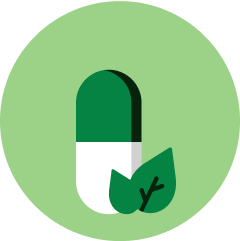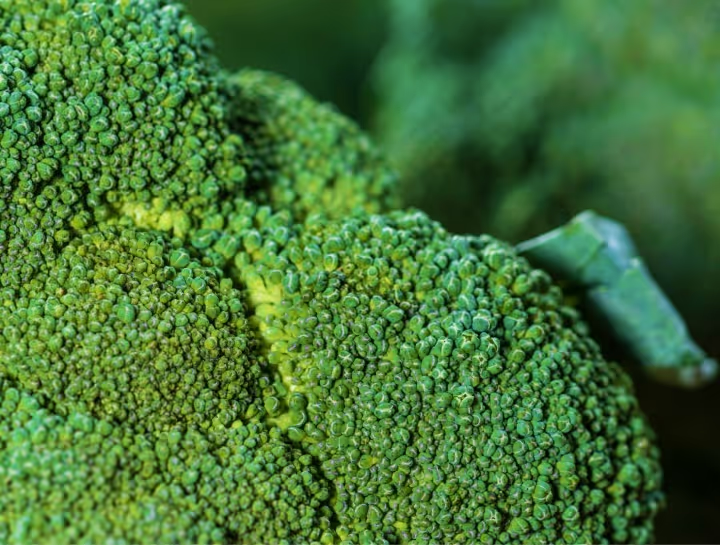PLANT-BASED AND MILK-DERIVED EXOSOMES
What are Exosomes
Exosomes are nano-particle sized protein released by all cells and facilitate a range of important cellular functions. Amongst other functions, exosomes have an extraordinary ability to transfer DNA and RNA to other cells, and are often referred to as the ‘transport protein’. Scientific research into exosomes has increasingly recognized their critical role in intercellular communication for both healthy and diseased cell types.

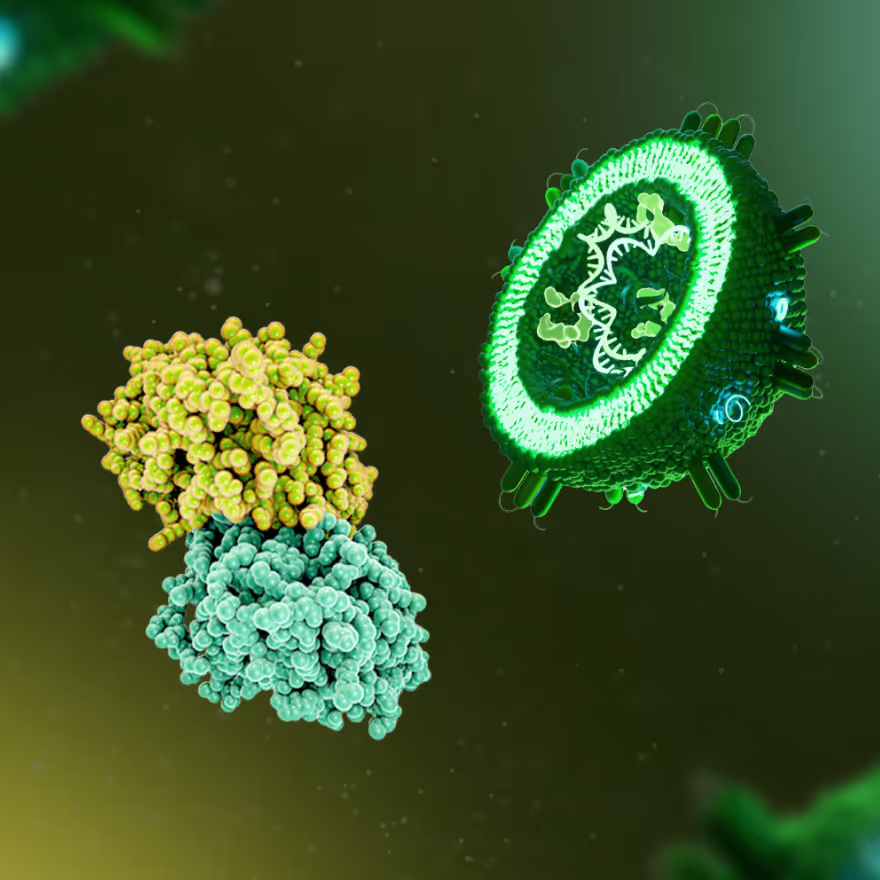
Pullulo's Mission
Around 33% of all food produced for human consumption is lost or wasted at some point in the agri-food supply chain. Pullulo treats this waste as a resource, transforming it into valuable product that can be customized to address health conditions, consumer allergies, inflammation, dietary needs, skin and hair care, etc.

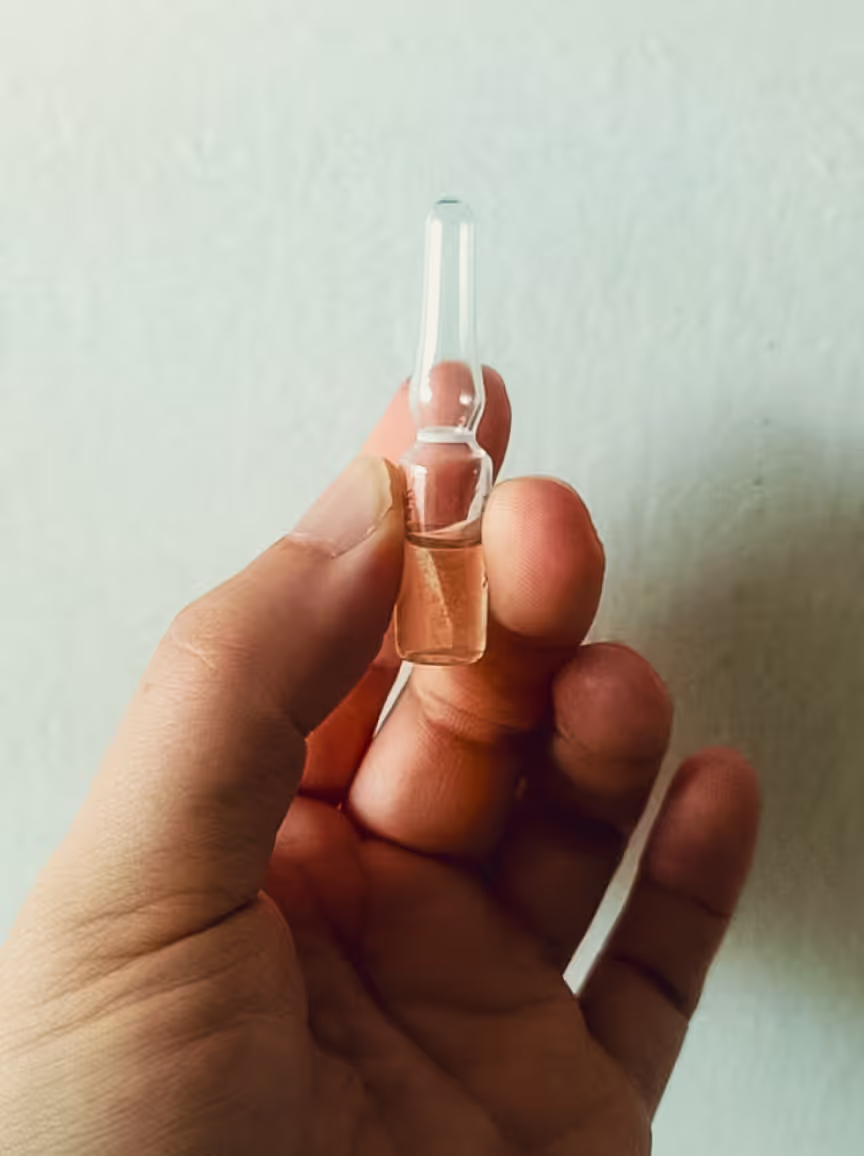

Plant-based Exosomes

Milk-derived Exosomes

WHERE ALTERNATIVE
BECOMES ESSENTIAL
Data and Statistics
The Nanoparticle Tracking Analysis (NTA) graph demonstrates how we quantify these tiny particles. By shining a laser through the sample, NTA tracks particle movement, allowing scientists to precisely measure their size and concentration. This ensures that each formulation is optimized for the best results, enhancing the effectiveness of your cosmetic products. Products that have exosomes usually contain particles in the 30-200nm range.
Benefits of Plant-based and Milk-derived Exosomes

Milk-derived Exosomes
Milk-derived exosomes are explored for their potential in infant nutrition, gut health and as delivery systems for therapeutic agents.
Also being studied for their role in promoting immune system health and mitigating inflammatory conditions.

Plant-based Exosomes
Plant-based exosomes are being researched for their antioxidant and anti-inflammatory properties.
Also being evaluated for their potential in drug delivery systems and as natural alternatives to synthetic additives in various products.
Both Plant-based and Milk-derived Exosomes
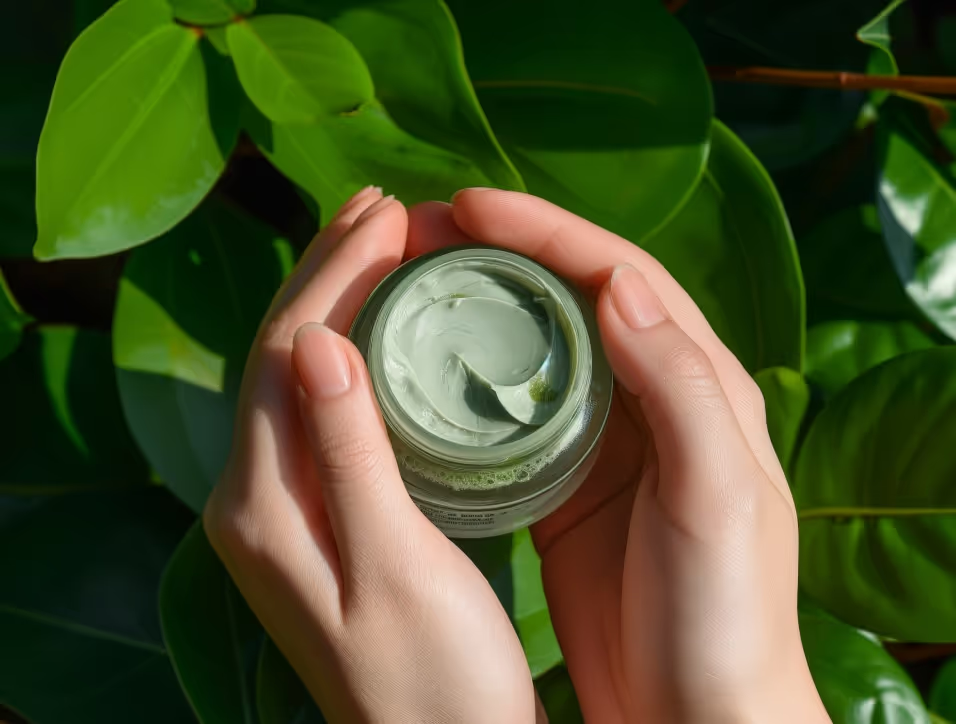
Milk-derived and plant-based exosome applications in the skin and haircare industry for their nourishing, anti-aging, reparative properties.
Exosomes have emerged as a promising new approach to skin rejuvenation due to their ability to stimulate collagen production, promote tissue repair and reduce inflammation.
Stimulate
Collagen Production
Tissue
Repair
Reduce Inflammation

Exosomes as carriers for precision medicine, targeted drug delivery and innovative therapeutic interventions for a range of diseases.
Dietary supplement to enhance focus, promote mental clarity, and strengthen memory to reduce risk against Alzheimer's and similar neurological diseases.
Strong Memory
High Focus
Mental Clarity
How does it relate to you?
As our exosomes have a wide range of applications, we directly work and partner with different industries.

